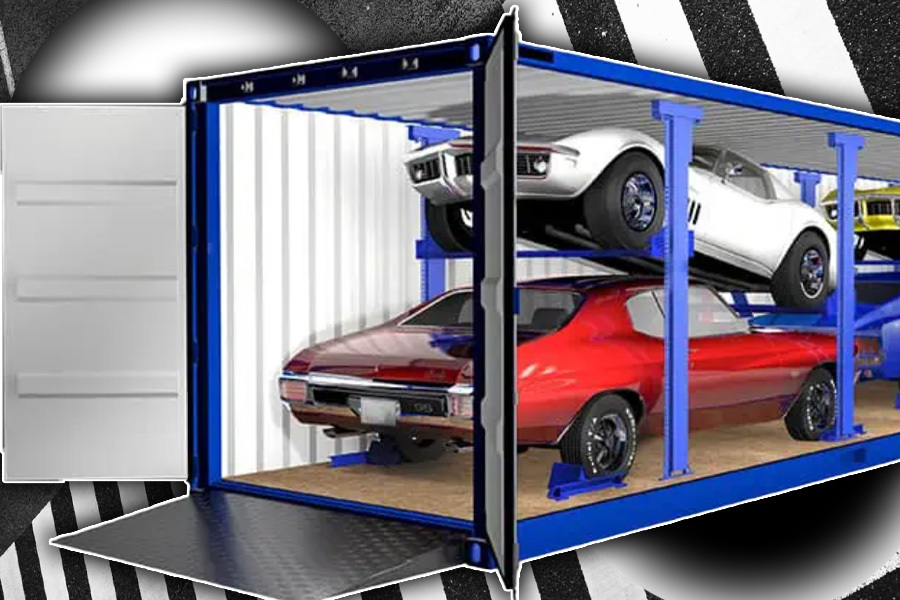
Why Add-Ons and Options Affect Vehicle Shipping Costs
Understand add-ons and options that affect car shipping costs.
For many people, the thought of transporting a vehicle brings excitement. However, concerns about the safety of that vehicle and worries about it arriving intact and on time persist. For anyone considering shipping their cars, it is crucial to understand why the cost fluctuates. The add-ons and options available have a notable impact on these costs, which influences the overall budget more than anticipated. This post will discuss how they impact vehicle shipping costs and help you make more informed decisions.
Understanding Vehicle Shipping Basics

Before breaking down the various add-ons and options, let’s understand how to calculate vehicle shipping costs. Transport costs primarily depend on the distance, size, and weight of the vehicle, as well as the chosen mode of transportation. The most common type of car shipping is with an open carrier, which is generally more cost-effective. However, enclosed carriers are more expensive but offer additional protection. These cornerstones form the framework from which you will make further decisions.
The Role of Add-Ons

Add-ons are additional features that enhance the shipping experience, but they typically incur an extra fee. For example, door-to-door delivery provides ease by collecting and returning the vehicle from predetermined locations. Nevertheless, this is a more expensive service than terminal-to-terminal shipping, in which service providers pick up and deliver the car at specific locations.
Another common add-on is accelerated shipping, which guarantees a faster delivery but comes at an additional cost. This option is especially appealing for customers who require the prompt return of their cars. Add-ons also include insurance upgrades to gain peace of mind while transporting your extra. This choice is beneficial for high-end or vintage vehicles that need additional protection.
Impact of Vehicle Modifications

Shipping costs can vary widely due to modifications. Fees may be higher for custom modifications, such as adding size or weight. Bigger vehicles have a smaller footprint, but they also require more space, and the heavier they are, the more fuel and resources they need to operate. Such factors may raise the total cost of shipping.
Specialized carriers may be necessary for oversized or modified vehicles, such as lifted trucks and modified sports cars. The existence of odd shapes and sizes results in higher costs for these types of carriers. Knowing exactly how they affect shipping helps ensure customers make preparations and budget plans accordingly.
Fuel Surcharges and Seasonal Fluctuations

Shipping costs are primarily dependent on fuel prices. The fuel surcharges carriers frequently add on are based on current prices. Shipping fees tend to increase when fuel costs rise. Considering these fluctuations is a smart move when planning a shipment.
Seasons also affect car shipping cost calculator prices. Certain seasons see higher demand (for example, summer, which is the most expensive). On the other hand, shipping off-season can lead to savings. Understanding these trends enables better planning.
Choosing the Right Carrier

Selecting the right carrier is crucial for controlling costs. Indeed, there are several options available, many of which cover various services at specific fees. Carrier research and comparison can identify savings opportunities. When booking early or for multiple vehicles, some service providers offer a discount off the standard rate, which can help keep the price down.
Checking out the reviews and asking for suggestions can give you a better understanding of the trustworthiness of the carrier service you plan to hire. A reliable carrier is less of a headache and generally represents better value for your money.
The Importance of Proper Documentation

Documentation is crucial when shipping a vehicle. If any of the paperwork is missing or incorrect, the cost and time required to process the documents increase considerably. It's crucial to have everything in order, including registration and proof of ownership. This step prevents unwanted surprises and ensures a smooth process.
A few of the carriers will even assist you with paperwork to help you avoid trouble. This assistance is preferable, particularly for first-time shippers who may not be familiar with the requirements.
Conclusion

The process of shipping a vehicle is complex and involves several factors that collectively determine the total cost. The role of add-ons and options is considerable, as they will largely determine the final price. By understanding these components and how they interplay with fundamental shipping factors, customers can make more informed decisions. This approach enables individuals to plan their expenditures more effectively by taking into account factors such as service changes, fuel surcharges, and seasonality.











